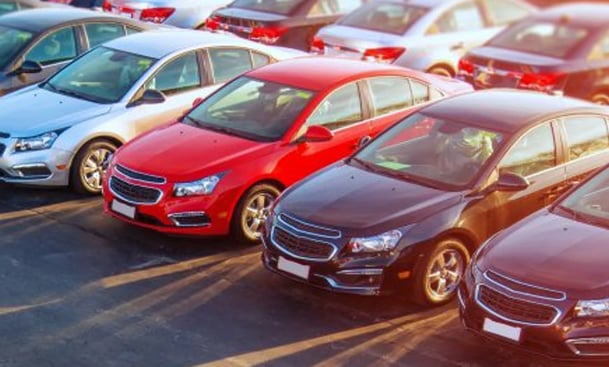A Comprehensive Guide to Purchasing a Used Car in the UK
A Comprehensive Guide to Purchasing a Used Car in the UK
SARDAR MOHSIN
12/19/20243 min read
A Comprehensive Guide to Purchasing a Used Car in the UK
Buying a used car in the UK can be a smart financial decision, offering you the chance to get a reliable vehicle at a fraction of the cost of a new one. However, it’s essential to navigate the process carefully to avoid potential pitfalls. This guide will help you make an informed decision and find the best used car to meet your needs.
1. Establish Your Budget
The first step in buying a used car is determining how much you can afford. Consider not just the purchase price but also additional costs such as:
Insurance premiums
Road tax (Vehicle Excise Duty)
Fuel costs
Maintenance and servicing
It’s also wise to keep some funds aside for unexpected repairs or replacements after your purchase.
2. Identify Your Needs
Think about how you’ll use the car. Are you looking for a family vehicle, a compact car for city driving, or a reliable option for long commutes? Knowing your priorities will help narrow your options.
3. Research Models and Prices
Once you’ve established your needs and budget, research different models that fit your criteria. Use resources like:
Online marketplaces (e.g., Auto Trader, Motors.co.uk)
Manufacturer websites for specifications
Car valuation tools (e.g., Parkers, WhatCar?) to check average prices
4. Choose Between Private Sellers and Dealerships
You can buy a used car from a private seller, an independent dealer, or a franchised dealership. Each option has its pros and cons:
Private Sellers: Often offer lower prices, but you’ll have less protection if something goes wrong.
Independent Dealers: Provide a wider selection and may offer warranties, but prices can be higher.
Franchised Dealerships: Typically sell newer used cars with certified quality but at a premium price.
5. Check the Car's History
Before committing to a purchase, obtain a vehicle history report using the car’s registration number. Services like HPI Check or AutoCheck can reveal vital details, including:
Outstanding finance agreements
Previous accidents
Mileage discrepancies
Whether the car has been reported stolen
6. Inspect and Test Drive
Always inspect the car in person and take it for a test drive. Pay attention to:
Exterior: Check for rust, dents, and mismatched paintwork.
Interior: Look for excessive wear and ensure all electronics are functioning.
Engine: Listen for unusual noises and check for oil leaks.
Tyres and Brakes: Ensure tyres have sufficient tread depth and brakes are responsive.
During the test drive, evaluate the car’s performance, including steering, suspension, and gear changes.
7. Negotiate the Price
Once you’ve decided on a car, negotiate the price. Use your research on market values and any issues found during inspection to support your offer. Don’t be afraid to walk away if the seller isn’t willing to budge on an unreasonable price.
8. Verify Paperwork
Ensure all necessary documents are in order before completing the purchase:
V5C Logbook: Confirms the seller’s ownership and details of the car.
MOT Certificate: Shows the car’s roadworthiness (required annually for vehicles over three years old).
Service History: Provides insights into how well the car has been maintained.
9. Finalize the Deal
When you’re satisfied with the car and the paperwork, finalize the deal. Ensure you receive a receipt with details of the sale, including:
Car registration number
Purchase price
Seller’s and buyer’s information
For added security, consider paying through a bank transfer or another traceable method rather than cash.
10. Update Ownership and Insurance
Immediately after the purchase, the seller must update the DVLA about the change of ownership. You can also do this online. Then, arrange insurance for the car before driving it away.
Conclusion
Purchasing a used car in the UK can be a rewarding experience if approached with care. By following these steps—setting a budget, researching, inspecting, and verifying paperwork—you’ll be well on your way to finding a reliable vehicle that suits your needs and budget. Take your time, and don’t hesitate to seek advice or bring a knowledgeable friend along for the process. Happy car hunting!


